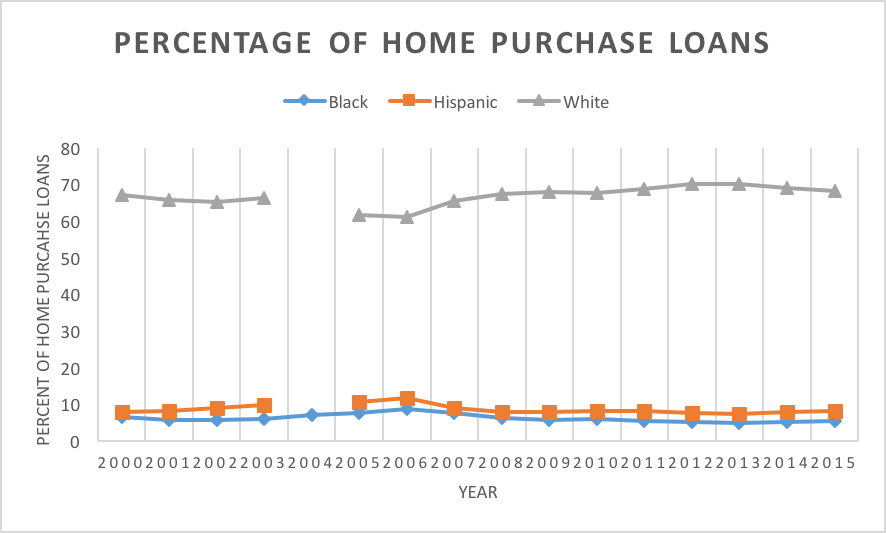Congress Wants You to Believe Dodd-Frank is the Problem. Don’t Fall For It.
By Nancy Wilberg Ricks, Senior Policy Strategist, NCLR
At a the National Journal event this week, experts discussed the state of sustainable homeownership, housing finance reform, and potential solutions to systemic problems in housing. Reforming Fannie and Freddie is of critical importance to the Latino community, who will comprise half of the housing market by 2020—but we wonder why the National Journal is leading the discussion and Congress isn’t. These topics should be the central focus in Washington when it comes to improving the housing market. Instead, Congress is trumpeting this misinformed notion that Dodd-Frank is the cause of all our problems.
Dodd-Frank was the comprehensive legislation that was passed to prevent total economic collapse seven years ago. It stopped the bleeding and helped lay the foundation for a better economic system for consumers and honest dealers. To build on its successes, we must now direct our attention to how the secondary housing market is managed. That is, how do Fannie Mae and Freddie Mac, and thus taxpayers, avoid being left with all the liability and none of the benefits should another crisis rear its head?
Keep up with the latest from UnidosUS
Sign up for the weekly UnidosUS Action Network newsletter delivered every Thursday.
Congress has attempted to take on housing finance reform in several iterations only to be stymied by gridlock. We know there is a way. In its joint report with the Center for American Progress, Making the Mortgage Market Safe for America’s Families, NCLR outlined a research-based roadmap to a broad, accessible, and affordable housing market. For example, there is a dire need for a fully funded Market Access Fund (MAF) to promote broader access to mortgage credit and to foster new and safe mortgage products as a way of increasing access. The MAF would also fully fund the National Housing Trust Fund (NHTF)—a state block grant program administered by the Department of Housing and Urban Development, designed to increase and preserve the supply of rental housing for very and extremely low-income families. We finally saw advances in this department late last year when the FHFA announced plans to fund both the NHTF and the Capital Magnet Fund. This is just the beginning, though.
Along with adequate funding, a new housing finance system needs a robust regulatory mechanism to monitor for safety and soundness, consumer protection, and access and affordability. While national experts grasp the importance of an improved housing finance reform system, Congress continues to use Dodd-Frank as a scapegoat. They are wasting time and taxpayer dollars, while never getting to the real issue at hand.

